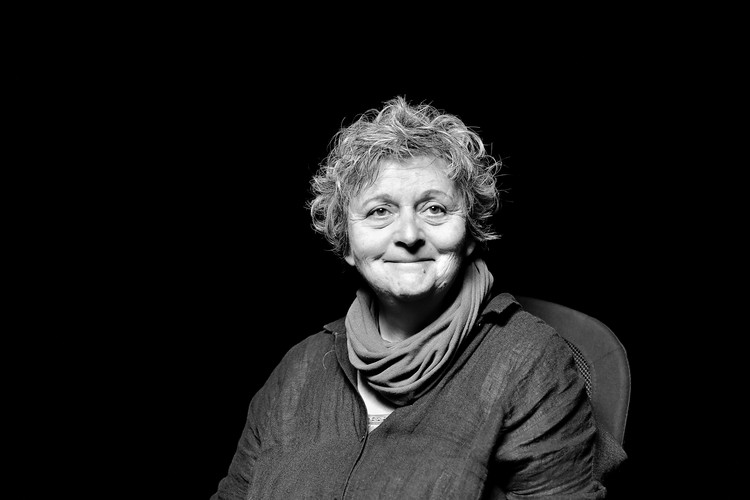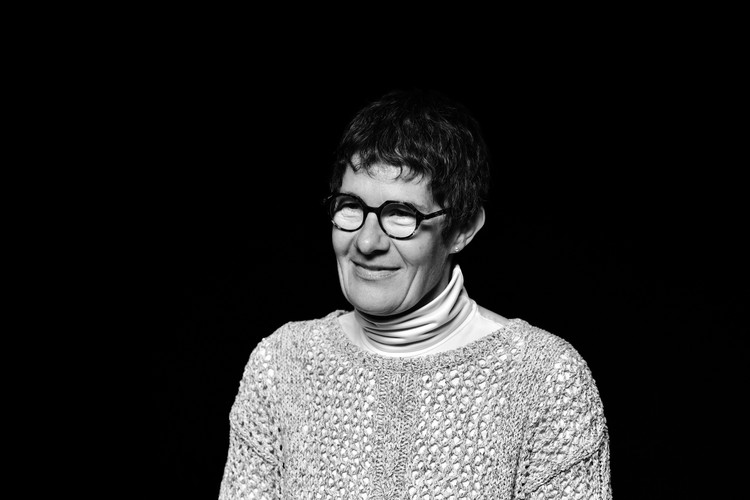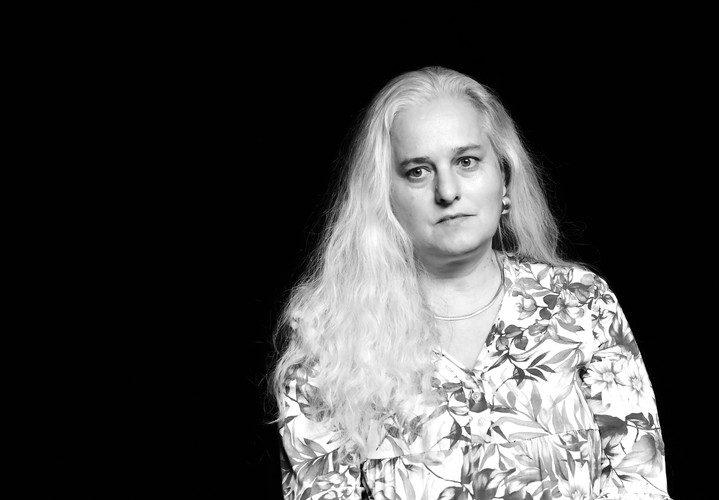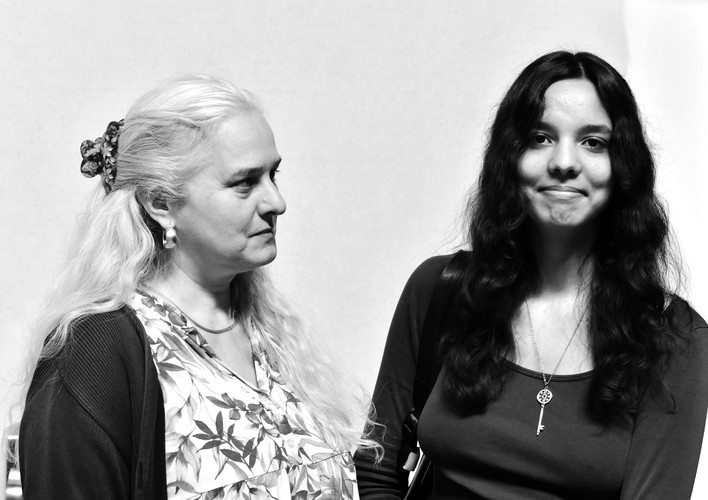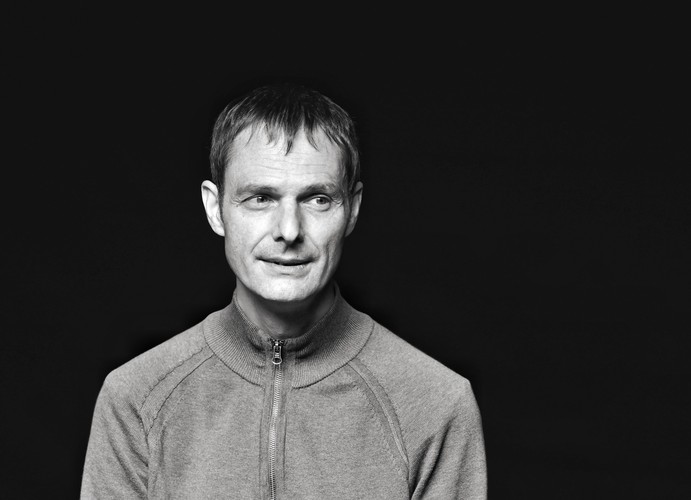Health Implications
Medical care for those affected by compulsory social measures and placements was insufficient for a long time. The arduous physical work and abuses also showed their effect during life. Not all of those affected reached old age; some were taken from life prematurely due to illness, others committed suicide. The decision for life was often a conscious step.
Health Has Suffered
The consequences of physical exploitation, medical neglect and traumatic experiences are sometimes existential.
Insufficient medical care, poor diet and accommodation in combination with arduous physical work led to long-term physical damage for many of those affected. Violence and abuse triggered traumas. For a long time, little attention was paid to the physical and psychological impacts of placements and coercive social measures. ...
Emotional Storms Come up Again and Again

Tages-Anzeiger (2015)
The concept of psychic trauma has been recognized in psychology and psychiatry since the 1980s. Psychological traumas can be as serious as severe physical injuries. A permanent psychological suffering due to a past trauma is called post-traumatic stress disorder. Research compares this to those of war veterans.
Making the Pain Visible
Artistic forms of expression render experiences of violence and abuse visible. They can give shape to the unspeakable.

Gabriela Pereira, 2021 (oil on canvas): The not ending cry of pain, the feeling of being skinned alive. Man stands in the corner, locked in an empty room, fighting it.
“The picture fits the theme of long-term damages”, says Gabriela Pereira. The Biel-based artist articulates the destructive and lasting effects of individual and systematic violence and discrimination experiences in her art as well as in her political engagement. She is committed to ensure that survivors of all ages can live in dignity without having to experience compulsory social measures again.
We Talk in this Film
Health Has Suffered
The consequences of physical exploitation, medical neglect and traumatic experiences are sometimes existential.
Insufficient medical care, poor diet and accommodation in combination with arduous physical work led to long-term physical damage for many of those affected. Violence and abuse triggered traumas. For a long time, little attention was paid to the physical and psychological impacts of placements and coercive social measures. ...
Poor Medical Care and Support
Until a few decades ago, health care of the population was not comparable to today’s expectations. Treatment options and medication availability have changed tremendously over the past 100 years. People affected by compulsory social measures were even more exposed to health risks. Those placed in an institution, home or in a family usually lacked sufficient medical care. Financial considerations inhibited necessary treatments in the event of an illness or accidents again and again, even though individual organisations sought cover insurances for the persons they cared for early on.
Besides, in many places access to medical care was also deliberately restricted. In some institutions affected persons had to hand in a request to the management for a visit to the doctor. The often unbalanced diet as well as infrastructural deficiencies, e.g., unheated dormitories or wet beds due to leaking windows, led quite often to chronic health issues, especially in children and adolescents.
Demands for a healthy diet and better medical care for persons placed in care had been made early on. Mandatory orders and controls were slow to be realised. It was not until 1978, for example, that the insurance of foster children against the risks of illness and accident became mandatory throughout Switzerland.
Medical progress was not always to the advantage of those affected: since the beginning of the 20th century, psychiatric diagnostic was of growing importance and for a long time used as an evaluative means, and medical or curative educative assessments also gained influence on the decision to order or suspend a compulsory social measure or placement. In many places this revealed persisting tendencies towards eugenic thought patterns and the search for deficient features in the assessed persons. From the 1950s onwards psychotropic drugs came into use, sometimes for the immobilisation of internees. This also involved trials with not yet approved medication – and without the consent of the affected persons.
Long-Term Health Effects
Many people still suffer from health problems because of coercive social measures and placements in care. Some of them had to do hard physical work already as a child, were overloaded and developed for instance chronic back pain. Others had injuries and broken bones that were not treated properly which often only had an effect decades later.
Besides the physical long-term effects, many people also suffer from psychological consequences of traumatic experiences they have had in the context of coercive social measures. Certain smells, voices or words can act as a trigger and cause traumatic situations or wounds to erupt even after decades of suppression. Nightmares also put a strain on their life. Science compares these post-traumatic stress disorders of those affected to effects of war experiences and refers to quantifiable effects in the brain and cells. Traumatic experiences at a young age can lead to premature aging processes.
At times, depressions and anxiety disorders make regular paid employment impossible so that the affected person might slip into poverty and is in need of welfare support. The effects also strain the relationships and the family environment of those affected. Thus, the consequences of traumas suffered can impact generations.


